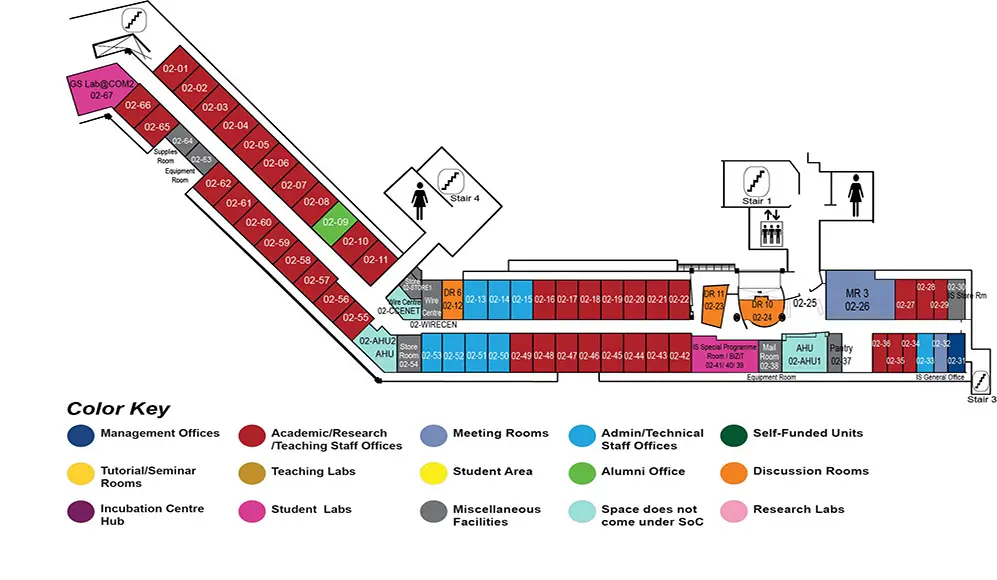Complexity Management in the Design of Cyber-Physical Systems
COM2 Level 2
MR3, COM2-02-26


Abstract:
The human effort required to understand, design, and maintain a software system depends on the complexity of the artifact. After a short introduction into the different facets of complexity, this talk deals with the characteristics of multi-level models and the appearance of emergent phenomena. The focus of the core section of the talk is a discussion of simplification principles in the design of Cyber-Physical Systems. The most widely used simplification principle, divide and conquer, partitions a large system horizontally, temporally, or vertically into nearly independent parts that are small enough in order that their behavior can be understood considering the limited capacity of the human cognitive appparatus. The most effective - and difficult - simplification principle is the new conceptualization of the emergent properties of interacting parts.
A more detailed discussion of the topic is contained in the upcoming book: Simplicity is Complex, Foundations of Cyber-Physical System Design that will be published by Springer Verlag in the summer of 2019.
Biodata:
Hermann Kopetz received a PhD degree in Physics sub auspiciis praesidentis from the University in Vienna in 1968 and is since 2011 professor emeritus at the Technical University of Vienna. He is the chief architect of the time-triggered technology for dependable embedded Systems and a co-founder of the company TTTech. The time-triggered technology is deployed in leading aerospace, automotive and industrial applications. Kopetz is a Life Fellow of the IEEE and a full member of the Austrian Academy of Science. He received a Dr. honoris causa degree from the University Paul Sabatier in Toulouse in 2007. Kopetz served as the chairman of the IEEE Computer Society Technical Committee on Dependable Computing and Fault Tolerance and in program committees of many scientific conferences. He is a founding member and a former chairman of IFIP WG 10.4. Kopetz has written a widely used textbook on Real-Time Systems (that has been translated to Chinese) and published more than 200 papers and 30 patents.

